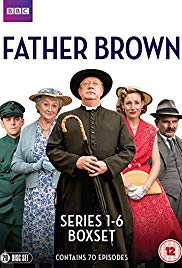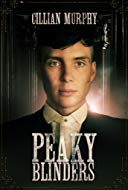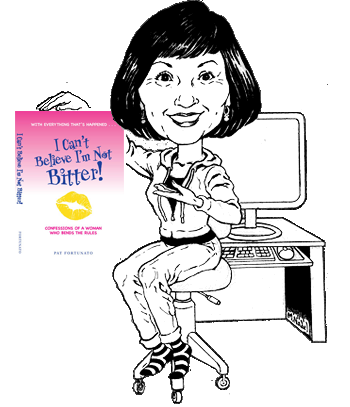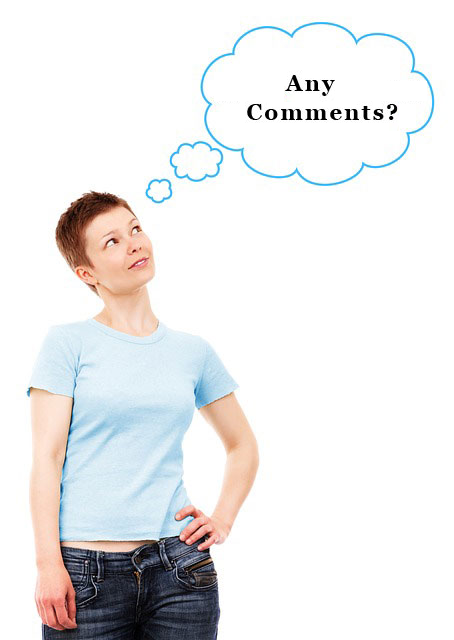What About Snogging?
Mar 05
Everything sounds so much classier when the British say it.
 Take “snogging.”
Take “snogging.”
Celebs in the British tabloids are always photographed snogging in some secluded rendezvous or other, and I assumed that this was just a nice way to describe kissing and hugging, indicating to the press and to those who love this sort of gossip— which appears to be most of the world judging from the sales of rags like People, Us, and OK!— that the two individuals involved in said snogging are, or about to become, an Item.
But Olivia Colman, accepting her very well deserved Oscar for her role in The Favourite, giggled girlishly that there’d be some celebratory snogging going on backstage that night.
Surely the great Ms. Colman did not intend to provide fodder for the tabloids by being indiscreet, and simply meant that she’d be hugging and (perhaps air-) kissing her friends and fellow winners.
So I looked up the word snogging. And found some contradictory information, as one is wont to do on the Internet.
Dictionary.com agreed with me and said that snogging means “to kiss and cuddle.”
The Free Dictionary says: “to kiss and caress amorously.”
But Audio English went a bit further, no pun intended, and used these words: “caressing; cuddling; fondling; hugging; kissing; necking; petting; smooching; snuggling; affectionate play or foreplay without contact to,” oh you get the idea.
Yet another source says: “Contrary to popular American belief, snogging is just kissing-—not full on lurve action.”
Lurve? Isn’t that what Woody Allen said to Diane Keaton in Annie Hall to assure her that yes, he did indeed love her. I’ve never heard it before or since. But wait! The Online Slang Dictionary says it’s a synonym for love. You can’t go wrong with Annie Hall.
British expressions in general are fascinating and often confusing to us supposedly English speaking mere mortals of the American variety.
I pick up a lot of these expressions from watching way too much British TV, and my personal favorite is “Bob’s your uncle.”
Anglophenia, a site that covers these things, explains it like this:
“It’s a tongue-in-cheek fanfare used to draw attention to something notable that has happened. Translation: ‘Ta-da!’ Curiously, its use is in no way dependent on you the recipient having an uncle, or any other relative, named Bob.”
Then there’s “get stuffed,” which means pretty much what you’re thinking, or “I’m chuffed to bits,” which means the opposite of what you’re thinking, simply that you’re pleased. Some expressions mean something less obscene that you’d imagine like “a total cock-up,” which is just a mess, bloody or otherwise. “Gobsmacked” is another good one, literally, open mouthed with astonishment.
“Getting your knickers in a knot (or twist)” means you’re upset. And don’t be surprised to learn that some Briticisms are more vulgar than their American counterparts, like “arse” for ass. Or even worse, “arse over tits,” meaning to fall head over heels. Although to the best of my knowledge, they don’t use that for falling in love.
If you watch enough British crime shows you know that “having form” me ans you‘ve got a criminal record, and that “villain” is just a criminal, not necessarily a Snidely Whiplash, twirling his mustache, while tying a poor helpless maiden to the railroad tracks. And just in case you run into a villain, you call 999 not 911.
ans you‘ve got a criminal record, and that “villain” is just a criminal, not necessarily a Snidely Whiplash, twirling his mustache, while tying a poor helpless maiden to the railroad tracks. And just in case you run into a villain, you call 999 not 911.
BTW, these shows are quite good, actually, with characters ranging from the lovable Father Brown (a cozy sort of mystery) to the true villains of Peaky Blinders (violent but brilliant, not unlike our own The Sopranos), and they feature many great actors like Miss Colman. Please watch her in The Night Manager if you can find it, or Broadchurch, or any damn thing this woman has been in.
Even apart from TV, you too must sometimes wonder if we actually do speak the same language.
You know that an apartment is a “flat,” which makes perfect sense, but the trunk of a car is called a “boot” for no apparent reason. A one-room flat, what we’d call a studio apartment, is a “bedsit,” “bits and bobs” are odds and ends. But bits and bobs have nothing to do with your uncle, who may be “pissed,” which means he’s drunk, not angry.
You know the expression “blimey,” but did you know it was once a euphemism for “god blind me” and was considered very vulgar, even profane? It has, however, like so many other words on both sides of the pond, lost its potency and is now pretty mundane.
Anyway, let’s get back to snogging, whatever that means.
Who cares! It’s a great word.
“Smashing,” actually, if you ask me. Which is in itself a wonderful way to describe something really terrific. Besides, if snogging is good enough for Olivia Colman, we’d be daft not to keep calm and carry on. With whatever.
BTW: The title of this post is a play on What About Kissing, from a Monty Python skit on sex education. Anyone remember that?
And here’s one place to find even more Briticisms.



Good post! I’ve spent alot of time with Brits in England in recent years. While alot of the Briticisms you noted are familiar to me, some of these I am seeing for the first time. Interesting.
Bob’s your uncle!
Having worked in a few international departments during my career I’ve come to enjoy learning British slang. Following blogs from the UK (or parts of Canada too) are a good way to learn more of their idioms.
Recently discovered ‘bonce’ meaning top of your head on a UK blog.
That’s a new one for me. Thanks, mate.
Jolly good mate!